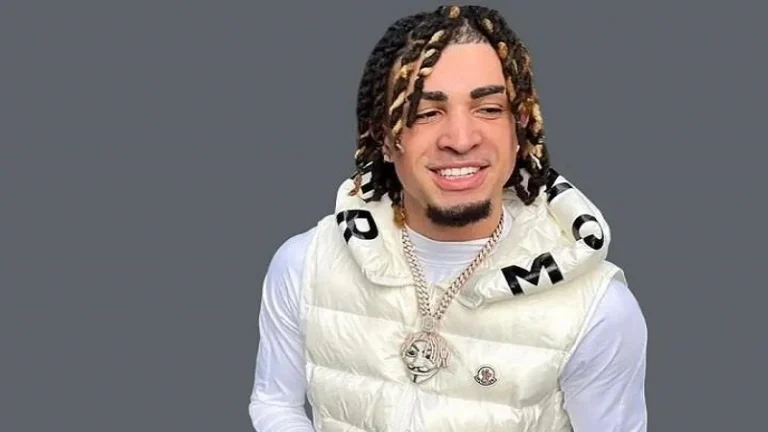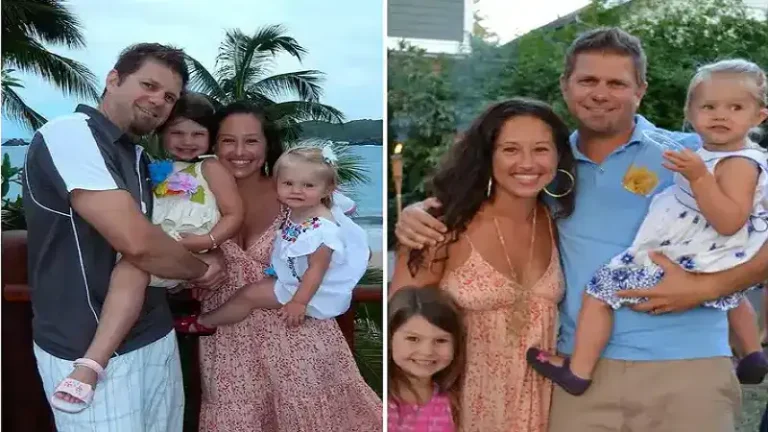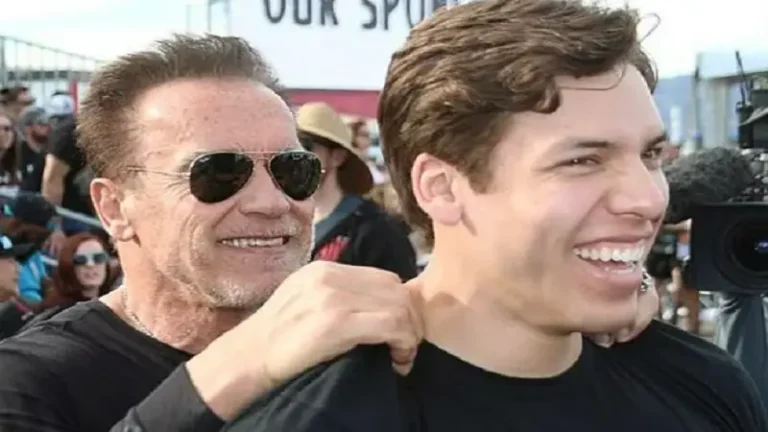Do Alec And Kaleb Get Paid For Commercials
In recent years, the advertising world has increasingly focused on authenticity and relatability. This trend has led to the emergence of memorable and impactful commercial campaigns that feature real people, not just actors. Among the most recognized faces in such commercials are Alec Cabacungan and Kaleb-Wolf De Melo Torres, two young spokespersons for Shriners Hospitals for Children. Their charm and genuine personalities have made them favorites among viewers. This article explores their journeys, the role they play in commercials, and the question of whether they get paid for their contributions. do alec and kaleb get paid for commercials
The Backgrounds of Alec and Kaleb
Alec Cabacungan
Alec Cabacungan was born with osteogenesis imperfecta, commonly known as brittle bone disease, a genetic disorder characterized by fragile bones that break easily. Despite his condition, Alec has demonstrated incredible resilience and positivity. He became a patient at Shriners Hospitals for Children in Chicago, where he received specialized care and treatment.
From a young age, Alec exhibited a natural charisma and an ability to connect with others. These qualities did not go unnoticed, leading him to become a spokesperson for Shriners Hospitals for Children. His appearances in commercials and public events have raised awareness about the hospital’s mission and the impact it has on the lives of children with complex medical needs. do alec and kaleb get paid for commercials
Kaleb-Wolf De Melo Torres
Kaleb-Wolf De Melo Torres, often simply referred to as Kaleb, was born with a rare genetic condition known as osteogenesis imperfecta, similar to Alec. This condition made him a patient at Shriners Hospitals for Children in Montreal. Kaleb’s journey has been marked by numerous challenges, including surgeries and treatments to help manage his condition.
Kaleb’s infectious spirit and determination quickly caught the attention of those around him. Like Alec, he became an ambassador for Shriners Hospitals for Children, using his story to inspire others and bring attention to the hospital’s work. Kaleb’s commercials and public appearances have helped foster a sense of hope and possibility for children facing similar challenges. do alec and kaleb get paid for commercials
The Role of Alec and Kaleb in Commercials
Alec and Kaleb have become prominent figures in the advertising campaigns of Shriners Hospitals for Children. Their commercials often feature them alongside other children who have benefited from the hospital’s services, sharing their personal stories and expressing gratitude for their care. These commercials are designed to raise awareness about the hospital’s mission and encourage donations to support its work.
The impact of Alec and Kaleb’s commercials is undeniable. Their genuine personalities and heartfelt messages resonate with viewers, creating a strong emotional connection. This connection is vital in fostering support for Shriners Hospitals for Children and ensuring that the hospital can continue providing life-changing care to needy children. do alec and kaleb get paid for commercials
Do Alec and Kaleb Get Paid for Commercials?
The question of whether Alec and Kaleb get paid for their appearances in commercials is an interesting one. While specific details about their compensation are not publicly disclosed, it is important to consider the context in which they operate.
Shriners Hospitals for Children is a non-profit organization dedicated to providing specialized care to children with orthopedic conditions, burns, spinal cord injuries, and cleft lip and palate. As a non-profit, the hospital relies heavily on donations and philanthropic support to fund its operations and services. The commercials featuring Alec and Kaleb serve as powerful tools to generate awareness and encourage donations, rather than commercial profit.
Given this context, it is likely that any compensation Alec and Kaleb receive is aligned with their roles as ambassadors and representatives of the hospital. Their contributions are invaluable in spreading the hospital’s message and inspiring others to support its mission.
The Impact of Alec and Kaleb’s Commercials
The impact of Alec and Kaleb’s commercials extends far beyond the immediate goal of fundraising. Their stories serve as a source of inspiration and hope for individuals and families facing similar challenges. By sharing their experiences and triumphs, Alec and Kaleb help break down barriers and stigmas associated with disability, promoting a message of inclusivity and acceptance.
Moreover, their commercials highlight the importance of organizations like Shriners Hospitals for Children in providing specialized care and support to children with complex medical needs. The hospital’s multidisciplinary approach and commitment to research and innovation are showcased through the stories of patients like Alec and Kaleb, reinforcing the hospital’s reputation as a leader in pediatric healthcare.
The Broader Context of Child Ambassadors in Advertising
Alec and Kaleb’s roles as ambassadors for Shriners Hospitals for Children highlight a broader trend in advertising: the use of child ambassadors to convey authentic and relatable messages. In an era where consumers value authenticity and genuine connections, child ambassadors play a crucial role in shaping brand narratives and building trust with audiences. do alec and kaleb get paid for commercials
The use of child ambassadors is not limited to non-profit organizations. Many brands, particularly those in the healthcare, education, and consumer goods sectors, recognize the power of child ambassadors in creating emotional connections with their target audiences. By featuring real children with real stories, brands can effectively communicate their values and mission, resonating with consumers on a deeper level.
Ethical Considerations in Using Child Ambassadors
While the use of child ambassadors can be highly effective, it also raises important ethical considerations. Ensuring the well-being and protection of child ambassadors is paramount. Organizations must prioritize the welfare of child ambassadors and ensure that their participation in commercials and public appearances is voluntary and conducted in a supportive and respectful environment.
Additionally, organizations should be transparent about the role of child ambassadors and the impact of their contributions. This transparency helps build trust with audiences and ensures that the organization’s mission and values are accurately represented.
The Future of Alec and Kaleb
As Alec and Kaleb continue their journeys as ambassadors for Shriners Hospitals for Children, their influence is likely to grow. Their stories serve as powerful reminders of the resilience of the human spirit and the importance of providing specialized care to children with complex medical needs.
Looking ahead, Alec and Kaleb have the potential to inspire future generations of ambassadors and advocates. Their experiences and successes demonstrate the transformative power of healthcare and the importance of organizations like Shriners Hospitals for Children in shaping a brighter future for children worldwide.
Conclusion
Alec Cabacungan and Kaleb-Wolf De Melo Torres have become beloved figures in the world of advertising, using their personal stories to raise awareness and support for Shriners Hospitals for Children. While the specific details of their compensation for commercials may not be publicly known, their roles as ambassadors highlight the power of authenticity and relatability in modern advertising. do alec and kaleb get paid for commercials
Through their commercials, Alec and Kaleb inspire individuals and families facing similar challenges, promoting a message of hope, resilience, and inclusivity. Their impact extends far beyond the immediate goal of fundraising, contributing to a broader cultural shift towards greater acceptance and understanding of individuals with disabilities.
As Alec and Kaleb continue to share their stories and inspire others, they serve as powerful reminders of the importance of providing specialized care and support to children with complex medical needs. Their journeys exemplify the transformative power of healthcare and the critical role that organizations like Shriners Hospitals for Children play in shaping a brighter future for children worldwide.






